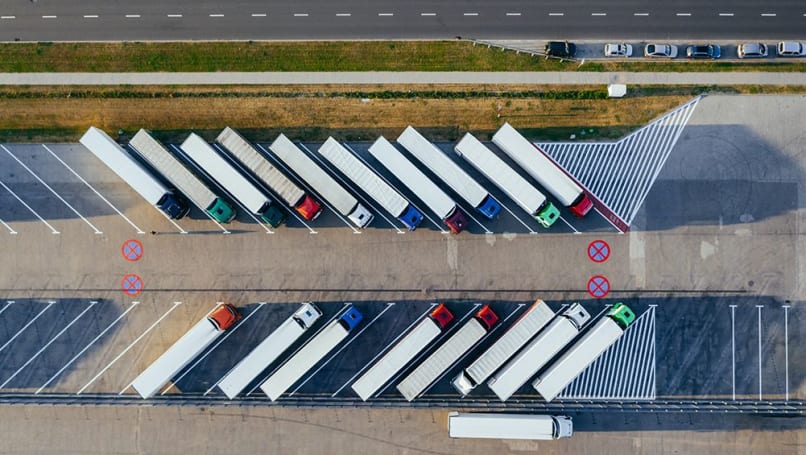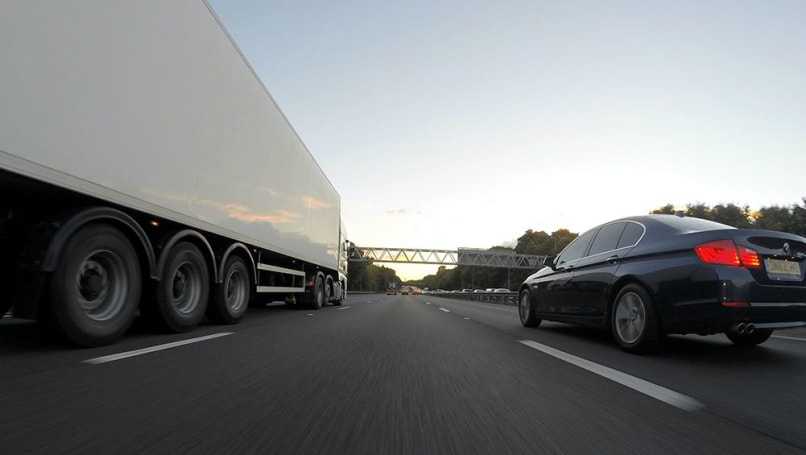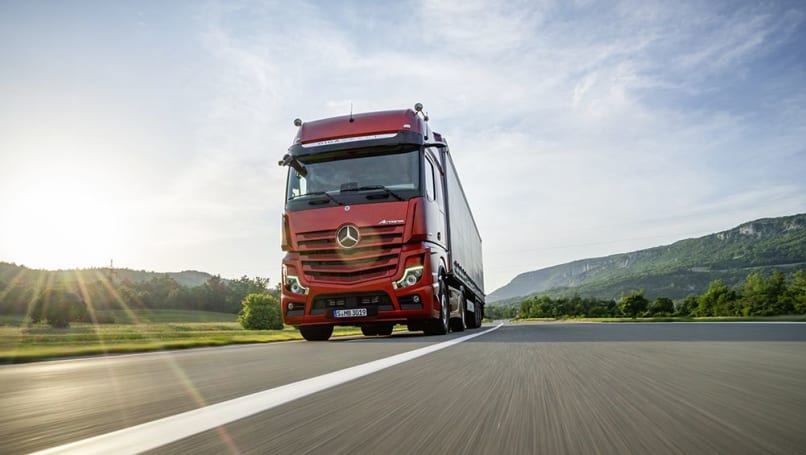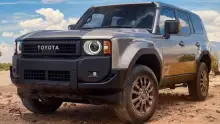
Watch out, Audi! How Lexus staged a sales comeback in 2023 off the back of updated Lexus RX, NX and UX SUVs
The cold, hard facts of the 2022 sales data were not good for Lexus. The brand...
Browse over 9,000 car reviews
.jpg)
The horrific crash between a truck and a school bus in Victoria this week urgently reminds us just how dangerous it is to have heavy vehicles on the same roads everybody else uses.
But what’s the solution? Purpose-built roads for trucks? Mandatory high-tech safety equipment for heavy vehicles? Or just ban trucks from the roads altogether?
As a father of two small children, it was heartbreaking for me to hear the details come through from Tuesday’s accident in Melbourne’s west.
It was 3.45pm. School had finished. The children were on the bus heading home. It was just the end of a normal school day, until everybody’s lives were changed forever.
The school bus carrying 46 children had slowed down to make a right turn into a side road when it was hit from behind by the truck. The enormous impact threw the bus off the road and onto its side.
The injuries suffered by the children were absolutely devastating, but despite the unbelievable trauma, fortunately all involved survived.
The truck driver, himself a father of two, 49-year-old Jamie Gleeson, has been charged with four counts of dangerous driving causing serious injury.
According to prosecutor Ben Kerwin, Gleeson had allegedly finished work and was on his way home after a 10-hour shift in which he transported “five to six” loads of clay.
We’ll leave the whys and hows of this accident to the judicial system.
The accident follows a spate of other crashes involving trucks this year in Victoria. In April, five people died after their car collided with a truck near the NSW border and in March a cyclist died after being hit by a truck in Melbourne’s south-east.

Victoria isn’t the only state to experience truck accidents. In March, footage appeared on new sites showing an out-of-control B-double ploughing through a busy intersection in Adelaide, wiping out a bus shelter and front yards of homes.
According to Transport for NSW in the five years from 2018-2022 there were 239 fatal truck crashes working out an average 48 fatal truck crashes per year.
The same report reveals that from 2017-2021 there were 5070 injuries in truck crashes.
There are a lot of reasons why accidents occur and trucks aren’t the only type of vehicles having crashes - there are far more car accidents than those involving heavy vehicles.
Trucks, however, are capable of more destruction due to their size and weight. The force generated by a 19m long, 50 tonne B-double truck is massive. We’re talking 6.6 Mega Newtons of force produced by a fully laden B-double when hitting a stationary object. That’s a bomb, basically - about the same amount of energy released by 1.5kg of TNT.
So do we ban trucks from our roads? The answer is no. The entire country depends on trucks transporting food, fuel and everything else which keeps us alive. They are like the red blood cells which keep the nation functioning.
Forensic medicine scientist and road safety expert Emeritus Professor Raphael Grzebieta said banning trucks is not the answer and purpose-built roads for heavy vehicles are prohibitively expensive, but a combination of better safety technology and better conditions for drivers will save lives.

“There’s just not enough tax revenue to build separate roads for trucks, but there is a lot more that we can do before we get to that stage,” he said.
“One of the major things is the truck driving working hours and the other thing is how they get paid.
“The remuneration cannot be load based, it cannot be delivery based. That has to stop. Any system where truck drivers are getting per load has to be banned.
“Then there’s the working hours. They should get paid whether they are resting or moving. At the moment they only get paid when they are travelling. They need to get a salary which pays them regardless of how much load they are carrying.
“What we have now is a crazy system which drives these truck drivers to drive as fast as they can in heavy traffic, sometimes for very long hours.
"At the moment in a 24-hour period, the European Union regulations state nine hours work time. You can extend it to ten hours for two days in the week. In Australia you work 12 hours and then if you do what’s called a fatigue management course, which is a bunch of videos, you're allowed to work 15-and-half hours a day. This is nuts.
“Australia needs to adopt the EU regulation.”

The European Union also mandated in 2012 that all new trucks and buses must be fitted with autonomous emergency braking. Grzebieta said that AEB for heavy vehicles will be made compulsory in Australia.
From November 1, 2023 all new heavy vehicles in Australia will have to be sold with AEB and electronic stability control. Buses will have to comply with this new regulation from November 1, 2024 and then by November 1, 2025 all new goods vehicles over 3.5 tonnes will have to have a system fitted.
“Technology like this would have helped in this instance - it would have slowed the vehicle - it would have jammed the brakes and at least made the impact less severe. We’ve been calling for this tech some time ago. Why have we been dithering?” Grvebieta said.
Grvebieta also said an in-truck camera monitoring the driver should also be mandated.
“There needs to be cameras - looking at the driver and also looking forward. If they know that there are cameras on them, they’ll have to behave a bit better.”
The systems Grzebieta suggests putting in place will work. A salary will ensure drivers aren’t being pushed to the limit to make money, better conditions and hours will also do the same, while better safety tech will be there to save lives when all else fails.
As a parent who has had semi-trailers tailgating me at 100km/h just a metre away from my sleeping daughter’s head in the back seat these changes can’t happen soon enough.










Comments